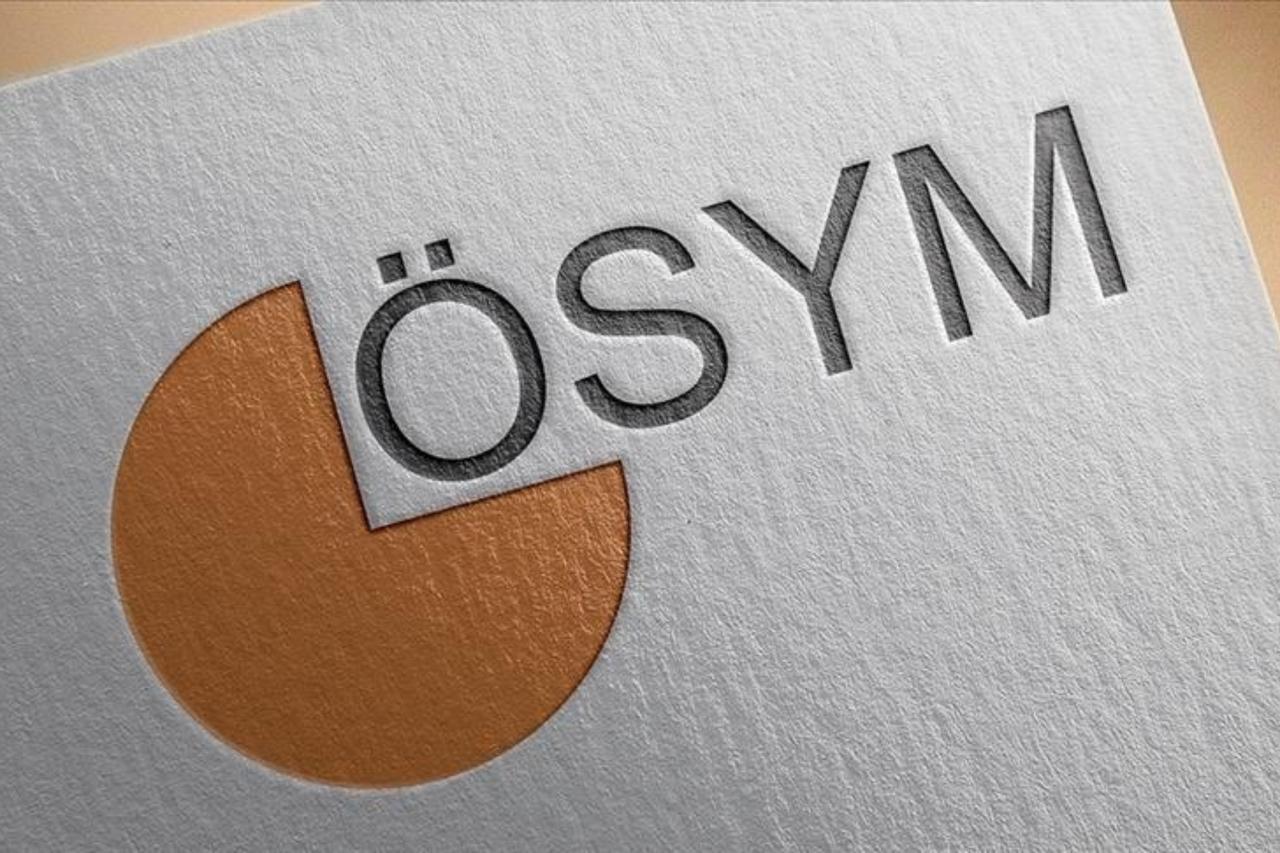
An ongoing investigation by the Ankara Chief Public Prosecutor’s Office into forged diplomas and electronic signatures has revealed allegations involving foreign language exams conducted between 2006 and 2010, raising fresh concerns about academic integrity in Türkiye.
According to a report by Turkish journalist Aytunc Erkin, published in daily Nefes, a suspect in the investigation claimed that a "joker candidate" with advanced foreign language skills was used to fraudulently take standardized language tests on behalf of over 400 individuals, allegedly enabling them to be appointed as university lecturers and academics across Türkiye.
In testimony cited by Erkin, suspect Ayhan Ates alleged that a man named Yakup, described as highly proficient in foreign languages, was deployed to sit for national exams on behalf of others.
“Between 2006 and 2010, Yakup took foreign language exams for numerous candidates and secured high scores, leading to the appointment of over 400 individuals as lecturers and academics across Türkiye, many of whom later became associate professors or full professors,” Ates reportedly said.
No official documentation or records have yet been provided to corroborate this claim.
Responding to the media reports, the Ankara Chief Public Prosecutor’s Office issued a statement emphasizing that the allegations were based solely on testimony without supporting evidence.
“The claim that over 400 academics were appointed through fraudulent means is based on a single suspect’s speculative statement. No documents, data, or verifiable evidence have been presented to support this claim,” the statement said.
The prosecution noted that the investigation had uncovered 57 forged university diplomas, four fake high school diplomas, and 108 fraudulent driver’s licenses, in addition to 270 unlawfully created electronic signatures. However, only two of these documents were confirmed to have been used in actual professional practice.
The case has also brought to light a complex web of interactions between key suspects Ziya Kadiroglu, Ayhan Ates, and Mihyeddin Yakisir. Kadiroglu, previously investigated in connection with diploma and public service exam fraud, allegedly introduced himself as a high-level operator with insider knowledge. He denied key charges, instead directing blame at others.
According to court documents cited by Erkin, Ates claimed that Kadiroglu portrayed himself as an agent of Türkiye’s National Intelligence Organization (MIT) and used this image to gain trust and influence within professional circles.
However, Ates also stated that Kadiroglu was the “mastermind” behind the illegal e-signature scheme, orchestrating a network of individuals who produced and distributed fraudulent certificates.
In his article, Erkin raised a broader question: whether language exams conducted between 2006 and 2010 – including Türkiye’s widely used YDS (Foreign Language Proficiency Exam) – have ever been properly audited or reviewed for irregularities.
“Who reviewed the exams from 2006 to 2010?” Erkin asked in his column.
There has been no official response to this query.
The current investigation stems from a broader case involving forged diplomas and fake digital identities within public institutions. In total, 65 individuals are currently facing trial, with prosecutors seeking prison sentences ranging from five to 50 years.
The defendants are accused of creating false academic records, stealing or duplicating e-signatures from officials in multiple agencies, including the Higher Education Council (YOK) and the Information and Communication Technologies Authority (BTK).